The intricate web of interests and the ever-changing landscape of the sports world have seen a silent war come to an end in China's sports circle. On December 19, 2023, an announcement marked the downfall of Gou Zhongwen, once a towering figure in Chinese sports, now relegated to the dustbin of history like autumn leaves fading away.

Rewind to 2016, a year of extraordinary change in Chinese sports, where a high-level reshuffle sent shockwaves through the entire industry. At that time, Cai Zhenhua's name was at its zenith within the General Administration of Sport. This table tennis legend had transitioned from athlete to coach, then to Vice Minister of the General Administration of Sport and President of the Football Association, each step solid and glorious. His resume mirrored the illustrious history of Chinese table tennis, commanding respect. Many believed that Cai Zhenhua would be the one to lead Chinese sports to new heights.
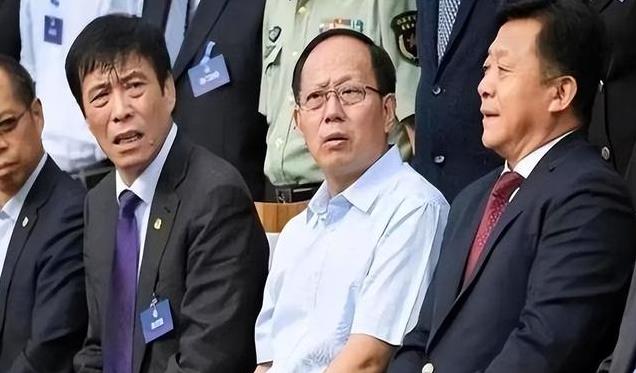
However, fate seemed to enjoy playing tricks. Just as everyone eagerly anticipated, a dark horse emerged—Gou Zhongwen. To the sports world at the time, this name was unfamiliar. He did not hail from the sports sector but was an expert who had long cultivated in the field of information technology. Such a background made his appointment controversial. It was rumored that Gou Zhongwen stood out among many competitors due to his exceptional management abilities demonstrated in the education system. The higher-ups hoped he could bring this spirit of innovation into the sports world.
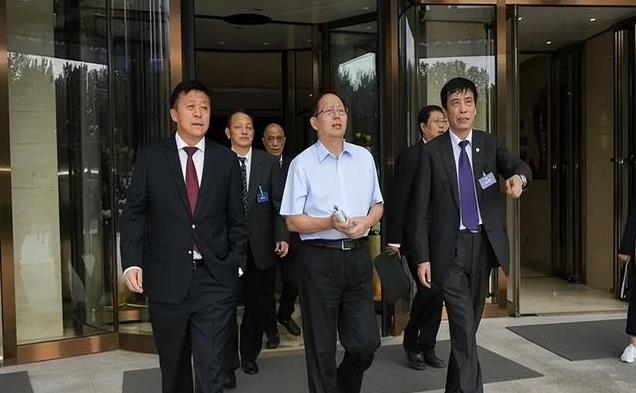
Upon taking office, Gou Zhongwen embarked on drastic reforms. His first move targeted personnel adjustments. Cai Zhenhua, once a formidable rival, gradually faded from the core circle of the General Administration of Sport and was eventually reassigned to the All-China Federation of Trade Unions. This change caused significant tremors at the time, with many speculating about the hidden struggles behind it.
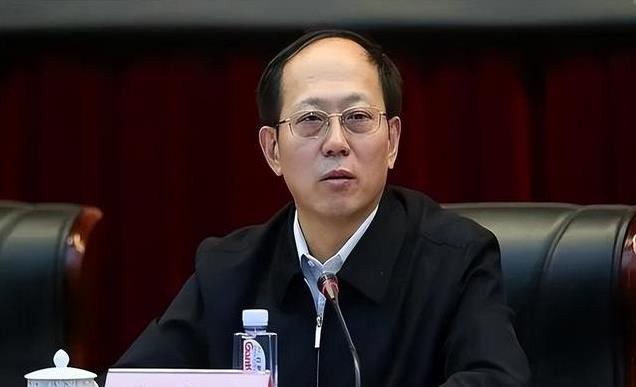
Gou Zhongwen did not stop there; he initiated a thorough "reshuffle" of the sports system, placing trusted individuals in key positions. For a time, within the General Administration of Sport, new and old forces alternated, with undercurrents surging.
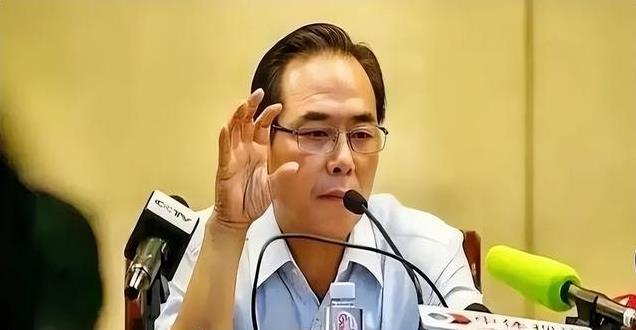
Subsequently, Gou Zhongwen turned his attention to training and competition mechanisms. Under his leadership, a new physical testing policy was introduced, putting all athletes on an equal starting line. Whether you were a sprinter excelling in explosive power or a long-distance runner known for endurance, the physical testing standards were uniform. This "one-size-fits-all" policy left many athletes confused and dissatisfied. Some Olympic gold and silver medalists lost their eligibility to compete due to failing the physical tests.
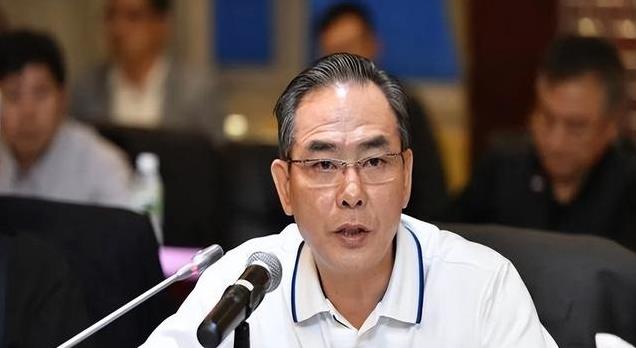
Gou Zhongwen's reforms complicated the environment of Chinese football. Divisions within the Football Association saw some individuals pursuing personal gains at the expense of the essence of competitive sports—achievements.

His fourth move directly shook the Chinese table tennis world. Gou Zhongwen not only abolished the head coach positions for the men's and women's national table tennis teams but also appointed the meritorious coach Liu Guoliang to a vice-chairman position of the Table Tennis Association in name only. This move effectively marginalized Liu Guoliang, the soul of the national table tennis team. It sparked the boycott incident on June 23, 2017, when coaches and athletes of the national table tennis team collectively skipped the ongoing ITTF World Tour China Open to express their dissatisfaction with Gou Zhongwen. Although the players, including Ma Long, later publicly apologized, the event has left an indelible mark on the history of Chinese sports.

During Gou Zhongwen's six years at the General Administration of Sport, controversies persisted. His series of reform measures not only failed to advance Chinese sports but also plunged many projects into stagnation or even regression. During this period, he abused his power to receive illegal gifts, accept banquets, and engage in quid pro quo transactions in cadre selection. He provided convenience to specific enterprises in sports project construction for personal gain. When investigated, Gou Zhongwen attempted to cover up his actions, which only intensified his culpability.
Ultimately, after a detailed investigation, Gou Zhongwen was expelled from the Party, removed from public office, and handed over to the procuratorial organs for review and prosecution. His downfall brought joy to many, marking an important milestone in China's anti-corruption struggle in sports. We look forward to the day when these "sports pests" are eliminated, ushering in a clearer, fairer future for Chinese sports. We anticipate the flourishing of China's sports endeavors and the creation of more glories.